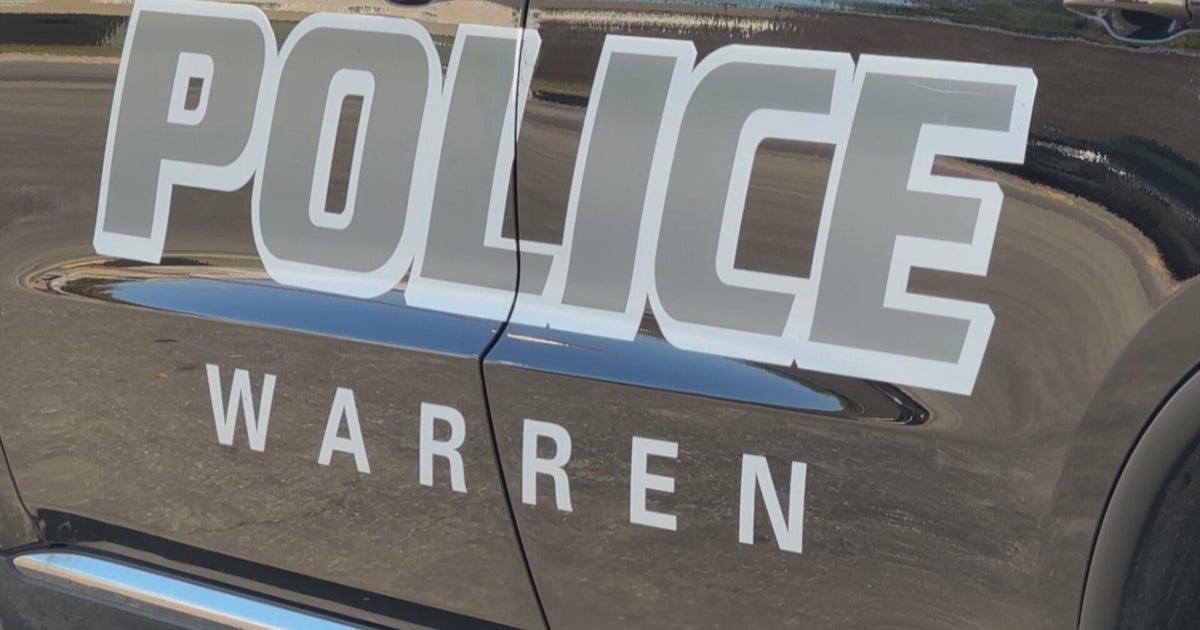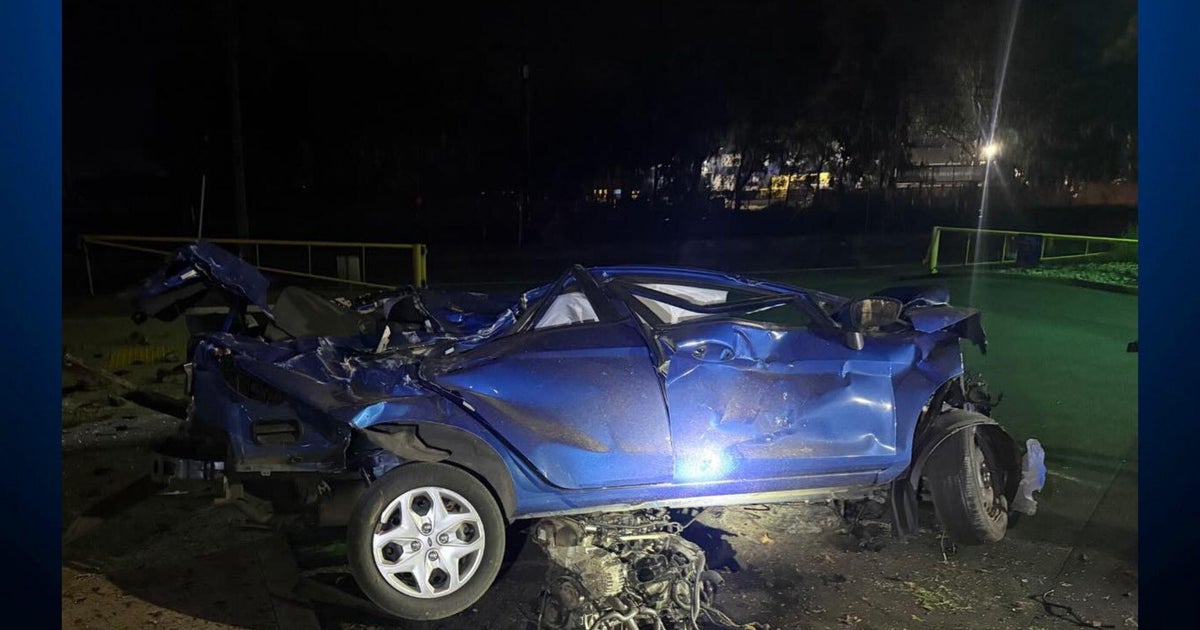The dangerous rise in uninsured drivers
You and your family are driving on always dangerous I-95 in Florida thinking about your long-awaited week in Disney World. Suddenly, someone's car smashes into yours just as you pass an interchange. But that's not the worst of it. Turns out the driver has no auto insurance.
In the Sunshine State, this is an occupational hazard. Nearly 27 percent, or better than one in four, of the motorists you'll meet on the roads there are driving illegally without coverage required by the state. That's double the nationwide average of one-in-eight uninsured drivers.
Why should you care? Because your car has just been damaged, and you'll only be sure of being reimbursed if you have your own collision coverage. If not, it's a toss-up depending on which insurer you have and whether it wants to claim that you were partly at fault.
"In addition to paying for their own actions, each insured motorist also pays a portion of the costs for others that choose to disobey the law," said the National Association of Insurance Commissioners in a report.
Drivers who do pay for insurance ultimately pay for those who don't, and so they shell out a lot more. According to the Insurance Research Council (IRC), the total bill for US drivers is about $12 billion a year, which doesn't include the cost to taxpayers of taking uninsured motorists to court, trying to make them pay fines or revoking their driver's licenses.
Uninsured motorists nationwide add $67 a year on average to a typical policyholder's bill, whose annual premium was already more than $900 in 2014, the last year figures were available.
But the bad news is: It's only getting worse. The number of uninsured motorists nationwide is rising. After declining to about 12 percent of drivers in 2011, it has now risen to 13 percent and is trending higher, according to David Corum, vice president of the IRC, which is funded by the insurance industry and provides it with property-casualty research.
Neither Corum or the IRC had any information about who these uninsured drivers were, whether they're more dangerous than those who had insurance or how to make them pay. According to Corum, the IRC was working on this and hopes to have some answers early next year.
State officials in Florida, where the worst offenders drive, were unable to help, either. The Florida Office of Insurance Regulation referred a request for comment to the Department of Highway Safety and Motor Vehicles, whose spokesperson declined to comment, explaining that her department was unable to speak to the methodology or validity of the study's findings because the data for the study did not come from the department.
"This has been a concern in Florida for quite a while, and the numbers are likely rising due to an increase in population," said professor Lynne McChristian of Florida State University. "Florida has a highly mobile population who move within and out of the state." While law enforcement works to curb the problem with traffic stops in some cities to check for licenses and insurance, "the fines aren't a strong financial deterrent."
Florida could always borrow a page from Oklahoma's playbook. This state recently had the highest percentage of uninsured drivers but is now among the lowest. What made the difference? "Oklahoma passed a law authorizing law enforcement to remove the license tags of any uninsured vehicle," said Corum, effectively leaving the driver and vehicle stranded.
Twelve states and the District of Columbia now allow illegal immigrants to obtain a license, but the others don't. And many people simply can't afford to buy insurance on a regular basis and pay all the other costs of driving, according to consumer advocates. So they buy insurance for a month or two and then let it lapse.
For Florida, which could face a surge in transplants from devastated Puerto Rico, this problem is likely to get worse.



